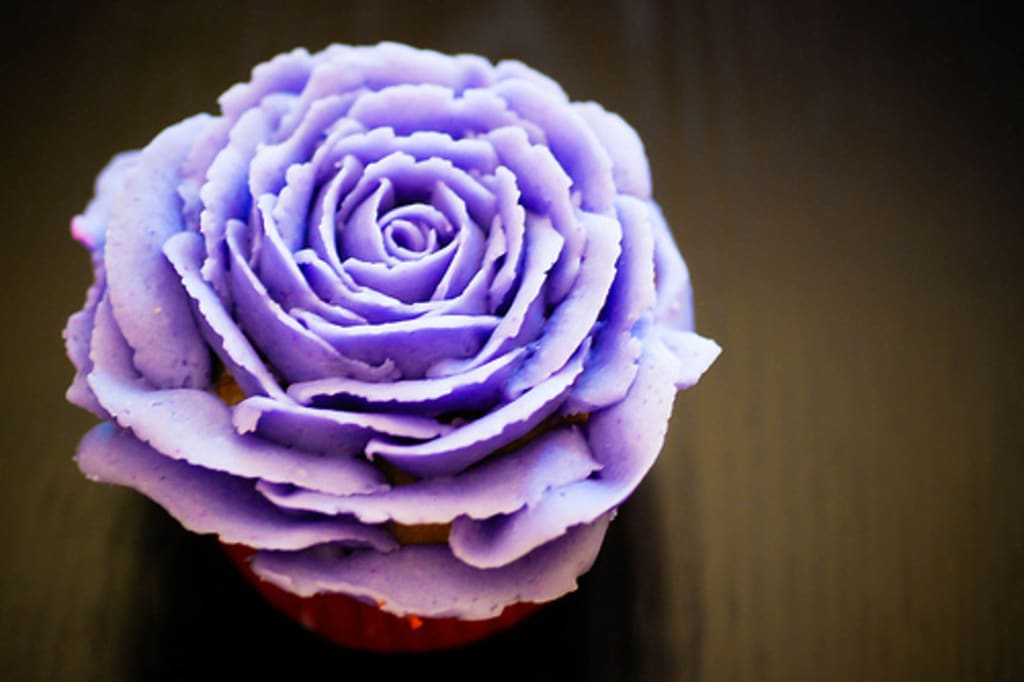Half-Man: a Micro-Novella
Chapter 1: Room

The say a human heart can beat up to a hundred times a minute on a normal day. On a normal day, light hits your eye at 186,000 miles every second. And sound, well that just attacks your ear at 767 miles per hour. You know what that tells me? Life is violent.
To exist is to be in a constant state of assault. We are inherently creatures of intensity. A bubble we can’t eschew, because if we let go—if we let go of one of those things, we become one part less human. Or we die, in the case of the heart. You barely care that your heart is constantly being electrocuted to keep it twitching!
I’d really like to say I remember the year this adventure of mine began, or even the moments between the blackouts. The constant need to feed the machine whirring away in my mind, warning me of my inadequacies, and suppressing my needs. But it keeps me awake as I study this white wall.
People used to joke about this place—The Belford Psychiatric institute on Hunterford Plain—that the ratio of wall to crazy was about one-to-one. Really high walls that edged their way to the ceiling and back down to the floor, transforming each room into a cube of white. Sometimes it feels like I’m lying on the ceiling about to fall to earth. But the little blue door with no handle on my side reminds me I am the right way up. I am as nature intended.
But am I?
Am I what?
The right way up.
I think so. What if I decide today is the day I fall upwards, peeling away from the floor into oblivion?
This room could rotate right now in a giant centrifuge. Might be hard to keep track of what is floor, wall, or ceiling. And how can I be sure the order isn’t changing? I have no idea which direction this room is moving. Maybe today it’s wall-ceiling-floor-wall or ceiling-ceiling-floor-wall. I don’t know how fast this is going either. I imagine being pulled over for speeding in a centrifuge floating in a box of white and a vacuum. I get arrested for floating without a license. I guess if the room spins fast enough I would just float in the vacuum. Nature abhors a vacuum, which basically means nature hates me since I’m living in it.
You might say otherwise.
I’ve always fallen on the strange end of a dream.
I’m here because dreams mean toxicity.
Dreams mean ridiculousness, and, sometimes, someone said, danger.
Don’t tread on my dreams. Don’t be ridiculous. The room isn’t moving. You’re the one moving. Inertia—the opposition to having one’s movement or momentum changed. You can’t change me. I’m already in a vacuum. I’m the immovable object struck by an unstoppable force.
I’m giggling, chuckling; actually it’s exploded into a full cackle. Don’t tread on my dreams. I’ve been stepped on enough. My ideas are the reason I’m in this room. Upside down. My senses are set to receive, process, and respond, all aligned, perfectly designed to become victims of assault. But we have no control over what comes in. You can stop the pain they say. Lies. The shooting pain comes flooding back into my arm. Channel it. Put it somewhere else. Breathe.
“Oh… fu-“
I can hear myself scream, but I’m detached, gasping trying to take deep breaths. Make it go somewhere else. Please! A lot can happen in a room when all you have to keep yourself going is your mind. And if you’re lucky, in the solitary windows between pills, force feedings, communal showers and cubes, you might still be able to string sentences together. But that’s what this system is designed to do. Make you lose yourself—just not your hand.
My right hand bothers me. It’s finally easing; the shooting pain—the sensation returning to my hand. I decided a long time ago I didn’t need the limb anymore. I’m ready to have it amputated. Have been for some time now. Before you judge what you don’t know you should understand where I am coming from. I have always felt different, always known there was something special about me, always known that two rights don’t make a left. I have a right arm. Hand. Leg. Foot. One of those is not like the others. Some people know they are gay from the beginning. Others know they love black or gold. I’ve always known that my right hand didn’t belong with me—that it was dead weight. I just couldn’t find people to agree with me.
So I made it a point to prove them wrong. I’m meant to be right-handed—born that way, a blessing and a curse all in one. A blessing because I belonged. About 90 percent of a population at a given time is right-handed. So the blessing was the ability to fit in, no doubt. The curse—it was an unwanted gift. Fitting in was a chore. I made every effort to teach myself to live life as if I was born with only one hand, my left. Mrs Geddes, my kindergarten teacher would have a field day trying to get me to use my right.
“Come on Marcus, you’re a righty.”
She’d grab my arm, forcing a green crayon into a palm.
“Use your right hand.”
“Don’t need it.”
“Marcus!”
The battle had raged from day one.
“Do what you can with him,” my mother said, sliding a cigarette between painted lips. Not the only thing she’d have sliding between those lips that day. She did what she did best—slide through life.
I find the pattern hilarious when I think about it now in my vacuum. Men were always, um, calling at home. Odd hours. Sliding between legs, lips, sliding cash across her palm. She followed in turn lining up a micro tower of white powder on a table, and sliding her face across to inhale through some piece of paper currency. One of those deadbeat men was my father. There were regulars that kept coming back for years. Over time I narrowed it down to two possibilities. It had to be one of them, because there was always ice cream money when they came—pun intended—and left. And they were the only two who touched me. One of these men was the reason I slid out of her. A slip and slide life. I was a white powder kid.
On day one, she slipped back into the driver’s seat of the rundown black Ford, and slid into traffic, leaving me at the mercy of a morbidly obese European woman. Geddes ran the small day care centre, with twenty-four howling five-year-olds. Teen helpers, so she could keep costs down. She had free reign over us. She was always angry.
“Don’t you worry,” she’d promised. “He’ll grow out of it.”
We had locked horns from the start. I’d let it brew for a long time until the one day it finally came to a head. During playtime, the whole class was let outside except for me. She made me sit in a chair and began to circle.
“I don’t know what to do with you. I-” she stopped. She was shaking. “This is for your own good.”
She unfastened her belt buckle, the bright multi-coloured butterfly clasp disengaged easily. The belt came off—her new weapon. The cream chinos stayed up—the belt more fashion accessory than pragmatic.
“Now. You will stay here,” She smiled everywhere else, but her eyes. There was something cold and detached in them like me. She grabbed my left arm. Hard. Pulling it behind my back until it started to hurt.
I winced. Silence painted the walls as she finished looping the belt around my pinned arm and body, tightening it—the joyous sounds of the other kids felt miles away. I started to cry.
“No!” she screamed—the sound of her voice startled her more than me in the process. The tears stalled.
“You will take this crayon. And you will draw me a boat—a nice boat. You can even colour it. Two crayons. Here—and some juice. You can go outside after, when you have finished. You must use your right hand.”
It hadn’t taken very long. The bell went at the end of playtime and Geddes ushered in what was left of her flock in the corridor.
A group of children had gathered to stare at something on the floor at the back of class, speechless. As she pushed through the spectators to the front, she saw it—a twisted, mangled representation of a 5-year-old hand with broken, bleeding nails. I’d proudly managed to drop my desk on top of it. Thirteen breaks. She took one look at the hand then me, and turned to throw up in the bucket on a colouring table nearby. She kicked me out of kindergarten that same day. I hadn’t cried much. I cried more when the surgeons fixed it. I cried through physical therapy.
It didn’t help that my mother had passed out and made me miss two appointments. She hadn’t even looked at my dressings. A welfare officer came home to find my hand turning septic. A Nurse Stephens had been concerned that a drunken woman had come to collect her son. When the kid hadn’t shown up, she alerted the authorities. I got pulled out of the home and into foster care. A bright warm household of loving parents—who could ask for more? The tears got old soon after. And leave it to my mother to keep sliding—herself—into an early grave after an overdose.






Comments
There are no comments for this story
Be the first to respond and start the conversation.